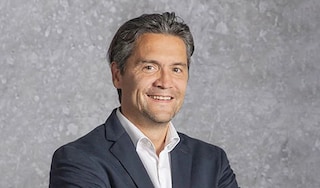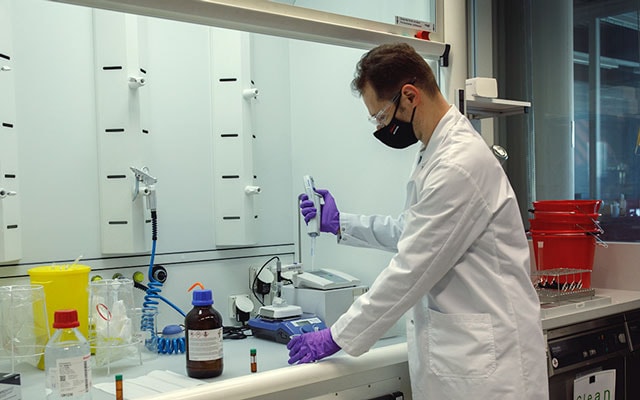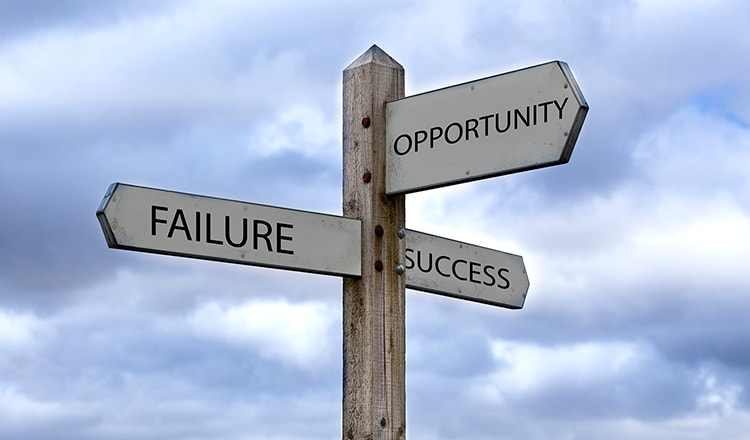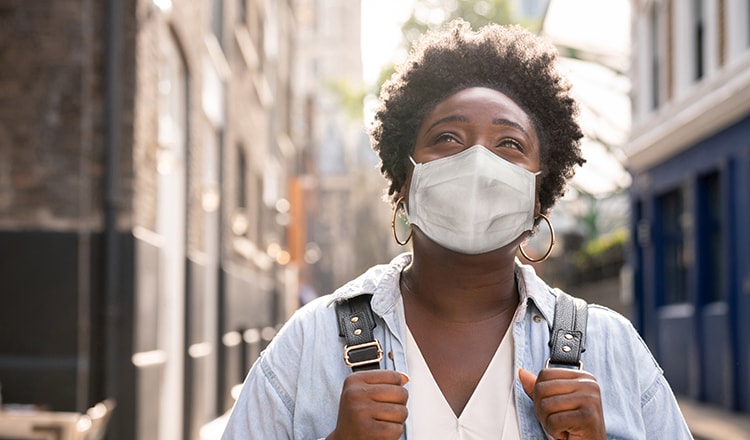In the varied responses to COVID-19 around the world, we can discern a discourse articulated along an axis of personal choice versus government intervention. This discourse applies to far more than the pandemic. At one pole of the axis is people’s desire to make choices free from government mandates. According to this mindset, authorities should leave it to individuals to assess risks and determine the appropriate response. At the other pole is people’s desire for government and other authorities to take whatever measures they deem necessary to safeguard health, safety, and security. This mindset supports regulation and, in some instances, enforced compliance.
Few people are rooted firmly to the extreme of either position, but many are inclined by intuition or political allegiance to see things more one way than the other. Today, the impact of the pandemic, the disruptions of technology, and widespread anxiety about the future have sharpened the tension between the two poles.
The debate has come to the fore in the COVID-19 era as governments implement restrictions and policies to slow the spread of the virus, but some argue it builds on the long, gradual evolution toward what French philosopher Michel Foucault called “disciplinary societies.” In Foucault’s view, new surveillance technologies—from CCTV to online tracking—are contributing to increased societal control and a population growing ever more acquiescent. Tools of control run the gamut from prohibition and punishment to the sorts of “nudges” used to persuade people to make better choices (e.g., eating more healthfully, reducing financial risk), as explored by economist Richard Thaler and legal scholar Cass Sunstein in their book Nudge: Improving Decisions About Health, Wealth, and Happiness. Underpinning these governmental efforts are campaigns that use a mix of factual information and dramatization to make their point.
The COVID-19 pandemic has engaged more people than ever before in the debate over the role of the public sector, the appropriate limits of government intervention, and the scope of individual freedom. Interestingly, 18 months after the pandemic broke, there is less debate on the efficiency of masks and vaccines than on whether individuals should retain the right to choose not to wear them.
As we consider the arguments, the rise of misinformation and distrust must be taken into account. Indeed, if we are to recover from the pandemic and rebuild in a timely and sustainable fashion, we must find a workable balance between personal choice and public mandates, but what is the value of personal choice based on erroneous information? And how can people have a balanced discussion when the various sides of the debate are relying on wholly different sets of information? Whose information matters, whose can be trusted—and, vitally, who gets to determine that? Disturbingly, the burden of misinformation falls disproportionately on economically, socially, and educationally disadvantaged segments of the population. And this applies not just to pandemic mitigation but to other health-related issues such as diet, heart health, and, of course, tobacco harm reduction. These disadvantaged populations are typically the people who have the least opportunity and fewest tools with which to critically evaluate the information presented to them and access high-quality information. These are also the populations who tend to bear a higher-than-average burden in terms of health and economic consequences. We certainly see this in the area of tobacco control.
If we are to achieve progress, society needs to determine how personal choice and government intervention can coexist to the benefit of all. This must start with the reestablishment of trust and respect for truth. Facts matter. And so does transparency. In matters of health especially, decisions regarding rules and regulations must not be made behind closed doors and must be centered on science and objective truths, not political bias or efforts to curry favor with particular centers of influence.
Wherever a nation or society ends up on the spectrum of personal liberty versus government control, it is imperative that citizens at all socioeconomic levels—especially those most directly impacted—be brought into the conversation. The more citizens look to authorities for guidance and information, the more vital it is that these authorities rely on the best available data and prize open communication and decision-making processes. Scientific evidence and transparency remain our strongest tools to ensure a fact-based debate and enable people to make informed decisions.
Top image © Getty Images











